Joy Dunlop has never forgotten the thrill she experienced when she was first introduced to the delights of the Royal National Mod 30 years ago and offered the opportunity to appear at a festival which has become a big part of her life.
It was a turning point for this hyper-energetic woman, born near Oban, who presents the weather for the BBC when she’s not singing, teaching, conducting choirs, recording albums, championing the benefits of culture to youngsters and people of all ages, and generally spreading the essence of her own name throughout Scotland.
Joy is a fervent champion of the Royal National Mod, which has been held annually in Scotland since 1892, and is being staged in Perth this month. It includes all manner of events and traditional music, including Gaelic song, fiddle, bagpipe, clarsach and folk groups, while there are spoken-word events, children’s and adults’ poetry reading and storytelling with categories such as Ancient Folk Tale or Humorous Monologue.
Youngsters can create original drama and there are competitions in written literature. The Mod organiser, An Comunn Gaidhealach (The Highland Society) also runs local festivals across the north of Scotland and while there is plenty of planning and preparation and rivalry among all those who participate, the experience is about a whole lot more than winning medals and titles.
It builds up youngsters’ confidence
For starters, it is helping to preserve and expand the Gaelic language and take it to places where it isn’t widely spoken, if at all. Then, there’s the close-knit camaraderie and social aspect of the festival which explains why there is so much excitement at its return, following the damage wreaked by the Covid pandemic to all such events.
During the past 130 years, it has been everywhere across the Highlands and Lowlands, from Aberdeen to Ayr, Dingwall to Dundee, Glasgow (on repeated occasions between 1895 and 2019) to Golspie and Largs to Lochaber. I still recall the effervescent fashion in which it swept into Falkirk in 2008 and the town was boosted by a flurry of activity.
Traditional music intertwined with a litany of modern sounds and ceilidhs sparked joyous revelry in venues where many of the clientele had previously imagined Gaelic was something they had on their bread with a pizza.
Joy had been involved for many years by that stage, and had already earned an impressive reputation among the cognoscenti for her talent and flair.
She said: “When the Royal National Mod came to Oban in 1992, all the children in the area were encouraged to take part. I’m from the village of Connel and at the time, there was a woman living there called Mary Pollock, who was a native Gaelic speaker.
‘I loved it from the outset’
“She offered to help teach anyone who wanted to take part in our songs, so every Monday afternoon after school, children from the village would go to her school to phonetically learn our Mod songs. This was my first time hearing, learning or singing in Gaelic and although I didn’t win anything, I loved the experience.
“From then on, I competed in the Mod every year, all under the tutelage of Mrs Pollock, competing in every type of competition that I could. It opened up the world of Gaelic for me and gave me the opportunity to perform. It was also hugely important for gaining confidence, trying new things and introducing me to a language I didn’t know existed.
“Since then, I have immersed myself in Gaelic language and culture [learning it to the stage where she can now speak it fluently] and a large percentage of my work is Gaelic based. One of my proudest moments was winning the Mod Gold Medal in Thurso in 2010 [her prize was given to her by the man who is now King Charles III] and I still attend the Mod every year and participate in any way that I can.”
‘Perth will be packed with people’
It will be the first time since 2004 that Perth has welcomed all Mod cons and the community is likely to be jammed with healthy competition and an influx of participants and visitors helping to boost the coffers of the local economy.
Joy, for her part, certainly paints a picture of how the event can provide a boost, not just in cultural, sporting or educational terms, but simply by the exhilarating manner in which so many people, from all ages and backgrounds, congregate in common purpose.
She said: “You can expect Perth to be filled with the sounds of Gaelic song, traditional music and people chattering away in Gaelic. People flock to the host location in their thousands and the buzz in the venues and on the streets is unparalleled.
“It’s fun, exciting and it gives you a real understanding of how vibrant and welcoming our Gaelic community is. Come and watch the competitions – you won’t regret it”.
The Mod has something for everyone
It was difficult to disagree, given the ebullience in her voice, but Joy appreciates that the Mod is a chance for a way of Scottish life often disregarded or derided to gain a national platform and prove it is a living, breathing phenomenon in the 21st Century.
As she said: “The Mod is hugely important, because it provides an opportunity for anyone, wherever they come from and at whatever performance level they are at, to be part of something truly unique and special.
“There is genuinely something for anyone, and it’s a great way to gain confidence in performing. You don’t need to have Gaelic to take part, but for many, it’s the gateway into learning more about the language.
“The people that you meet end up becoming lifelong friends and it honestly is my favourite week of the year.”
Patricia loved early choral success
Patricia Macleod grew up in a small community in the Western Isles and now works with a successful TV production company, Midas Media, in Aberdeen.
And she’s convinced her early experiences in the local Mod event showed she could pursue anything in life if she poured her heart and soul into it.
Pat said: “The Mod was always a part of life for me growing up in Balallan on the Isle of Lewis. With a very average voice, the National Mod was always going to be unattainable but there was an alternative which felt just as scary: our local Mod, which was held in Stornoway, and was very much part of primary school life.
“It was a mixture of excitement and fear each year as the prospect of memorising song and prose loomed.
It was Eurovision meets Strictly
“One year, we could only muster eight pupils for the choir and, against all odds, we went on to win a competition. The excitement was incredible.
“At that tender age, it felt like a combination of the Eurovision Song Contest, where competition between different schools was hotly contested, and Strictly Come Dancing, where you waited with bated breath for the wrath of the judges.
“For singers, the Mod awards points for two distinct criteria: music and Gaelic. It was an exceptionally high standard, and I used to hear rumblings of prejudices causing dissent. On one hand, I felt this was great in the sense of keeping the benchmark high, but it was also creating an elite group which put the rest of us off singing and performing anywhere anytime.
“That’s why it was so refreshing in the 1990s when Feisean nan Gaidheal [the National Association of Scottish Gaelic Arts Youth Tuition Festivals] was established to provide arts tuition workshops for all levels which, for me, bridged this gap.”
The message is clear these days: this is an event without barriers.
James’ attitude is always positive
There are ongoing debates about the future of Gaelic, and how best its history and heritage should be maintained. Some people have pointed out that moving the Mod around might actually lessen its impact, but it seems to have positives and negatives.
But James Graham, the indefatigable chief executive of An Comunn Gaidhealach, is delighted the event is showcasing Gaelic to not just a local, but a global audience. And if you can’t be there in person, there’s plenty of coverage on BBC Alba as well.
He said: “Returning to Perth for this year’s Royal National Mod is a fantastic moment for us. It will be so special to hear and see the best that Gaelic culture has to offer and to welcome people from Perth, the rest of Scotland and indeed the world, to the city to enjoy Gaelic music and culture across Perth’s unique and special venues.
“As a participant in provincial and national mods since boyhood and through my management work over the past decade, I have become increasingly aware that the Mod is a foundation for Gaelic culture and its arts.”
As for Joy, she won’t have much time to relax during the next week, given her involvement with so many different strands at the festival.
She explained: “I conduct Ceann an Tuirc, the Argyll Male Voice Gaelic Choir and also sing with and am the Gaelic Reader for Atomic Piseag, the Argyll ladies choir. [Both groups are currently reigning champions in their categories].
“I also sing with Ceolraidh Ghaidhlig Ghlaschu [who are known as the GGs], who are a Glasgow-based Gaelic Choir. This year, I will be competing with all of them but also, adjudicating, chairing and doing BBC commentary throughout the week.”
Joy by name, joy by nature.
The Royal National Mod programme can be found at: www.ancomunn.co.uk/nationalmod/new
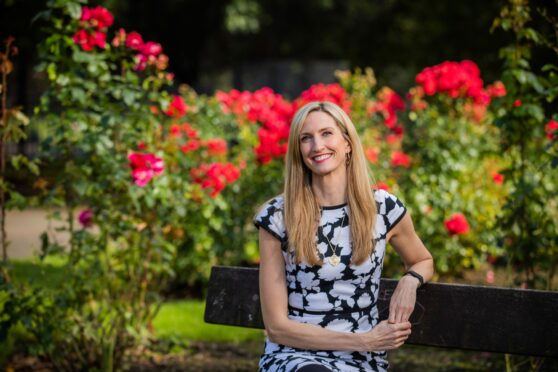
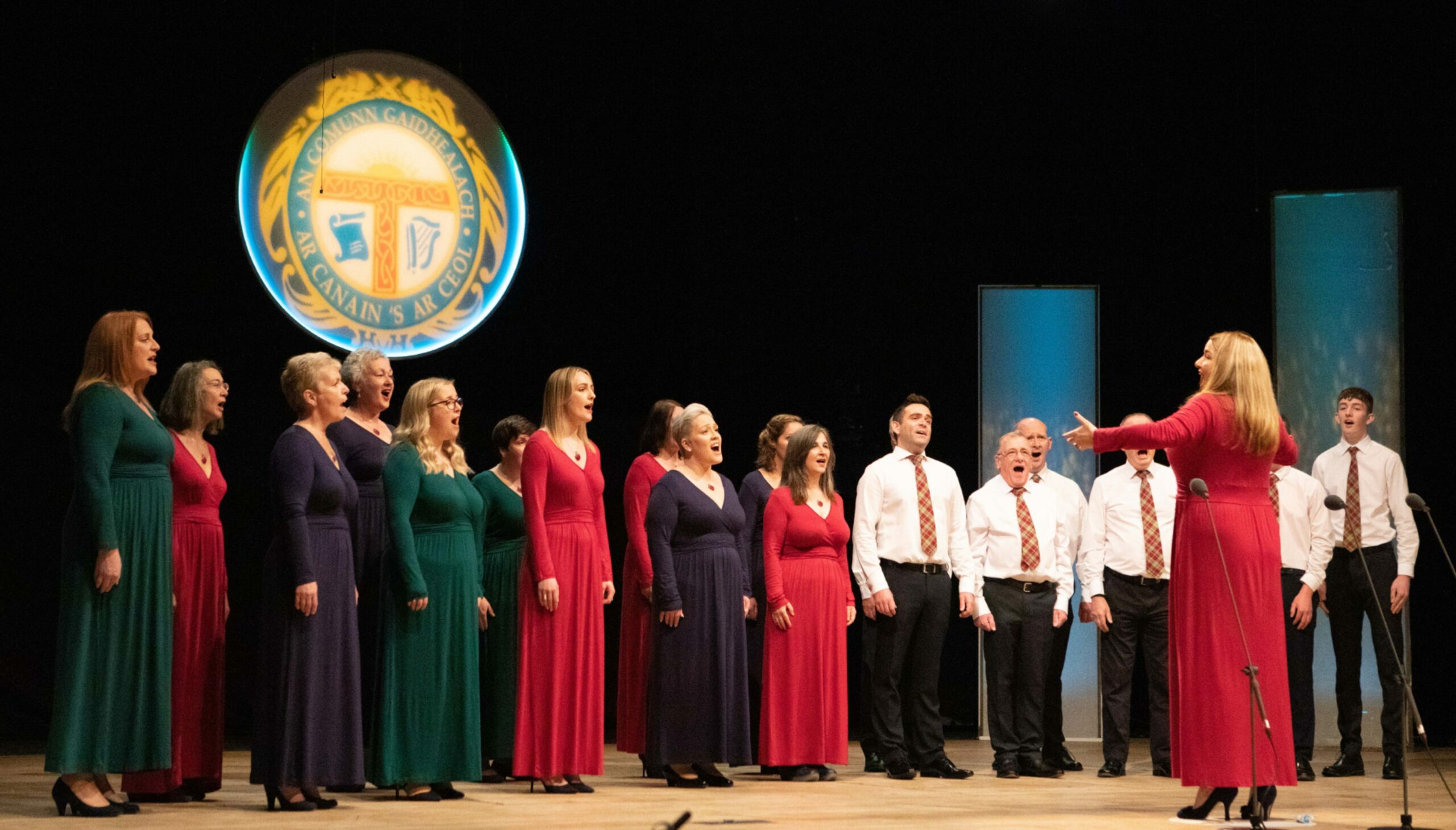
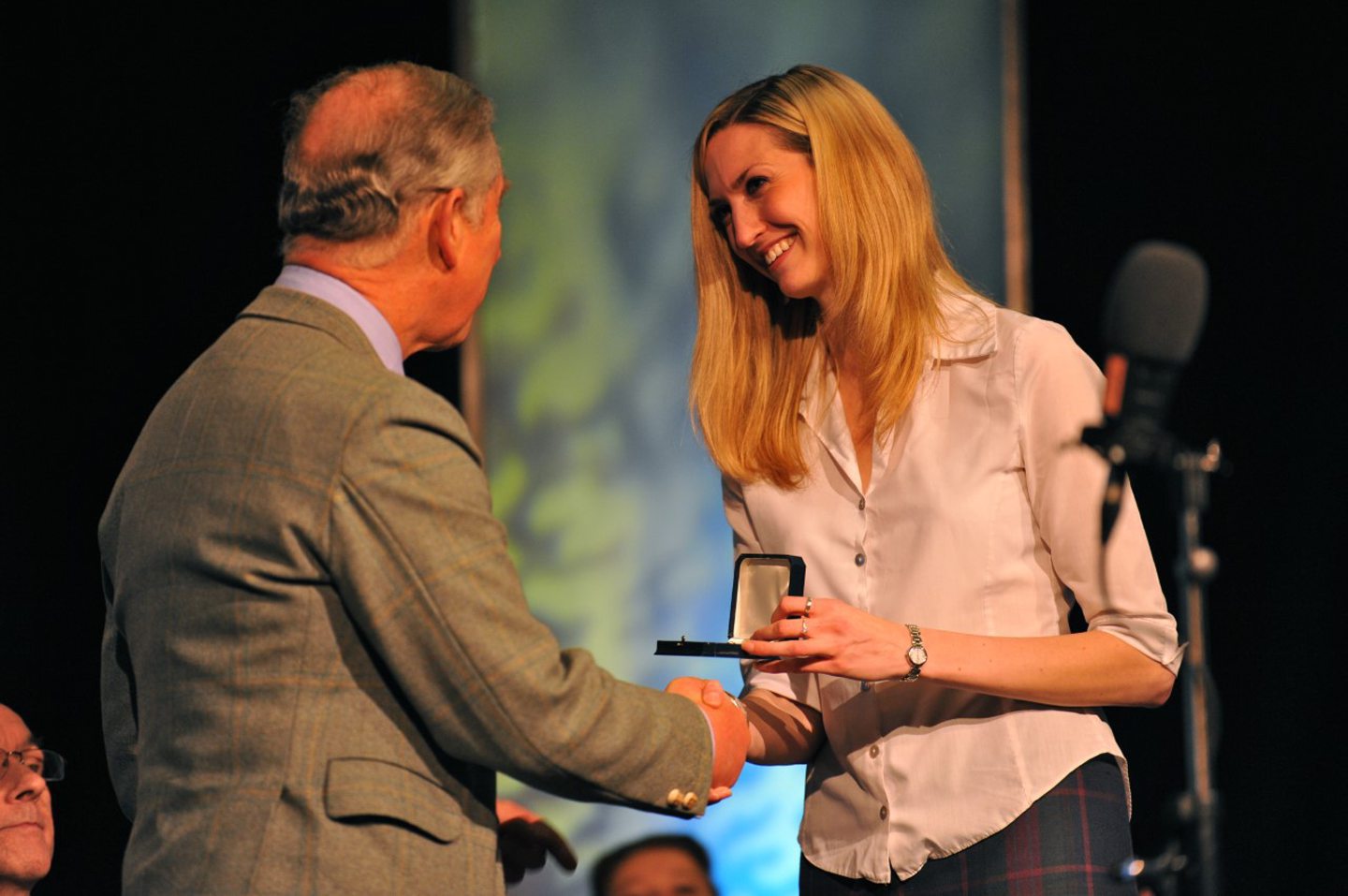
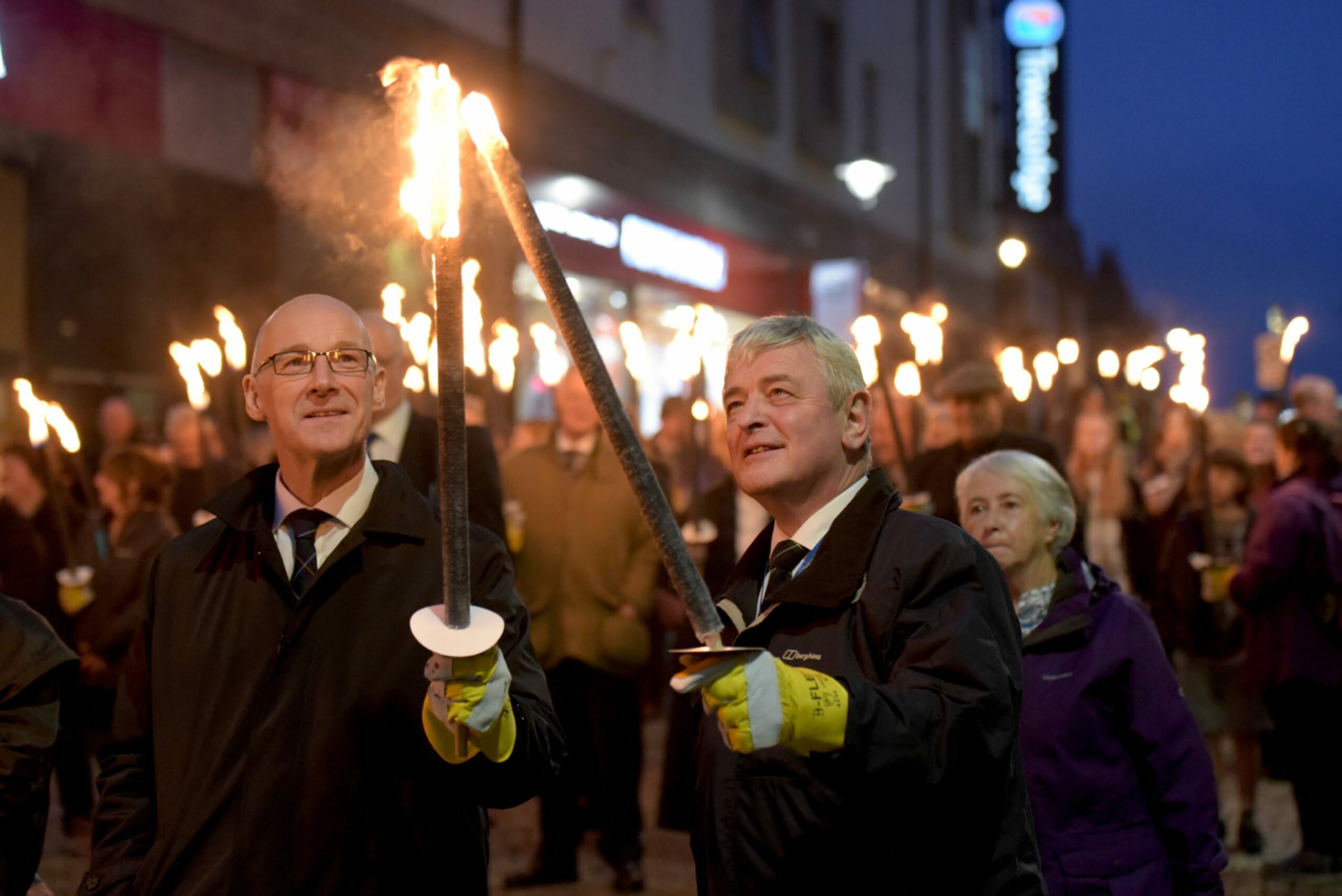
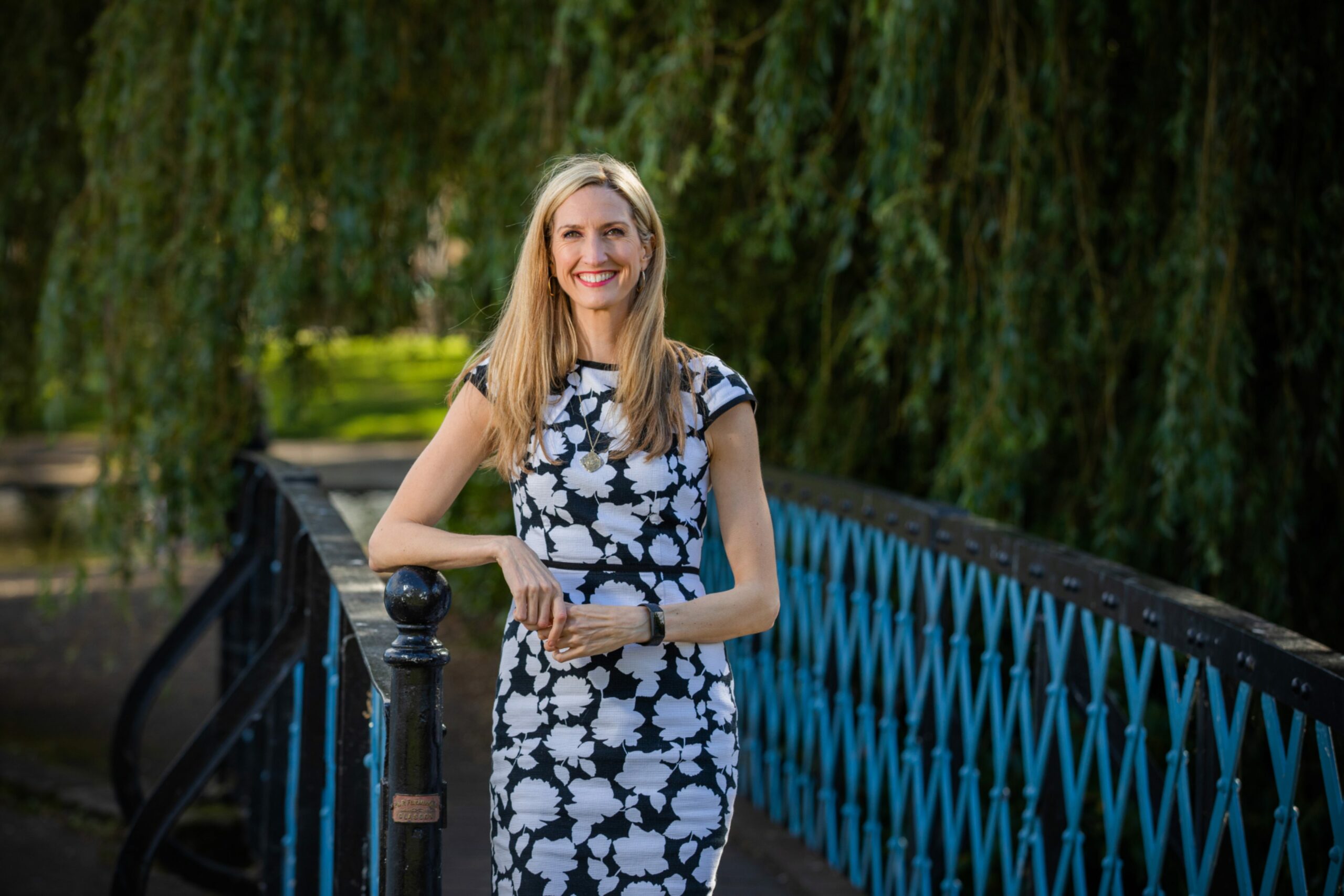
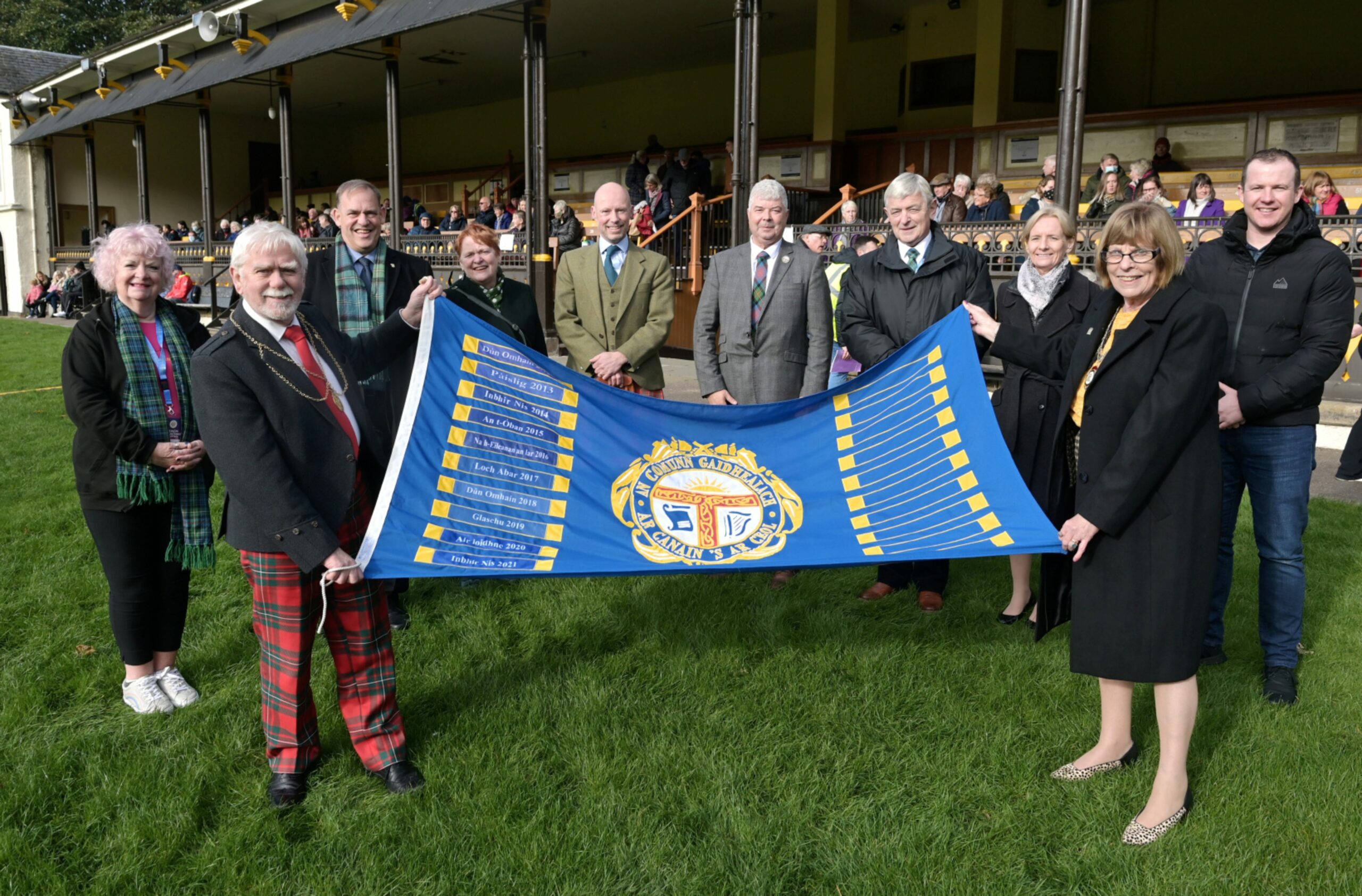
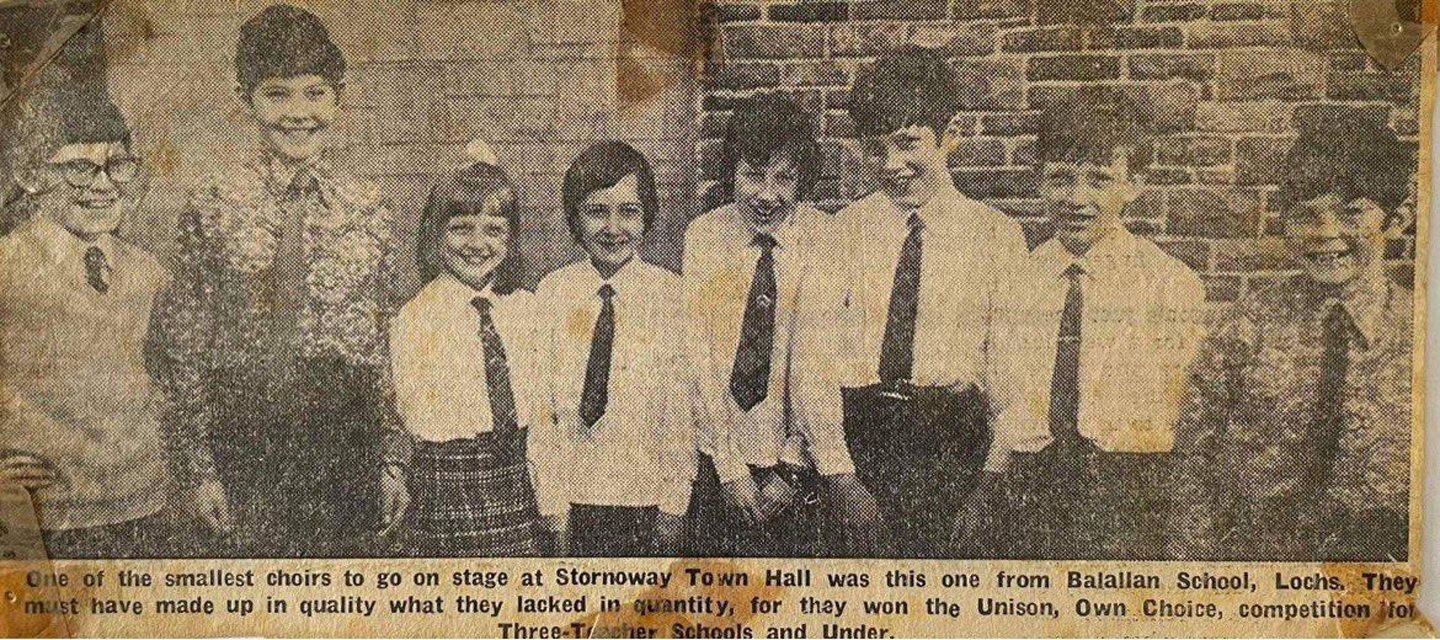


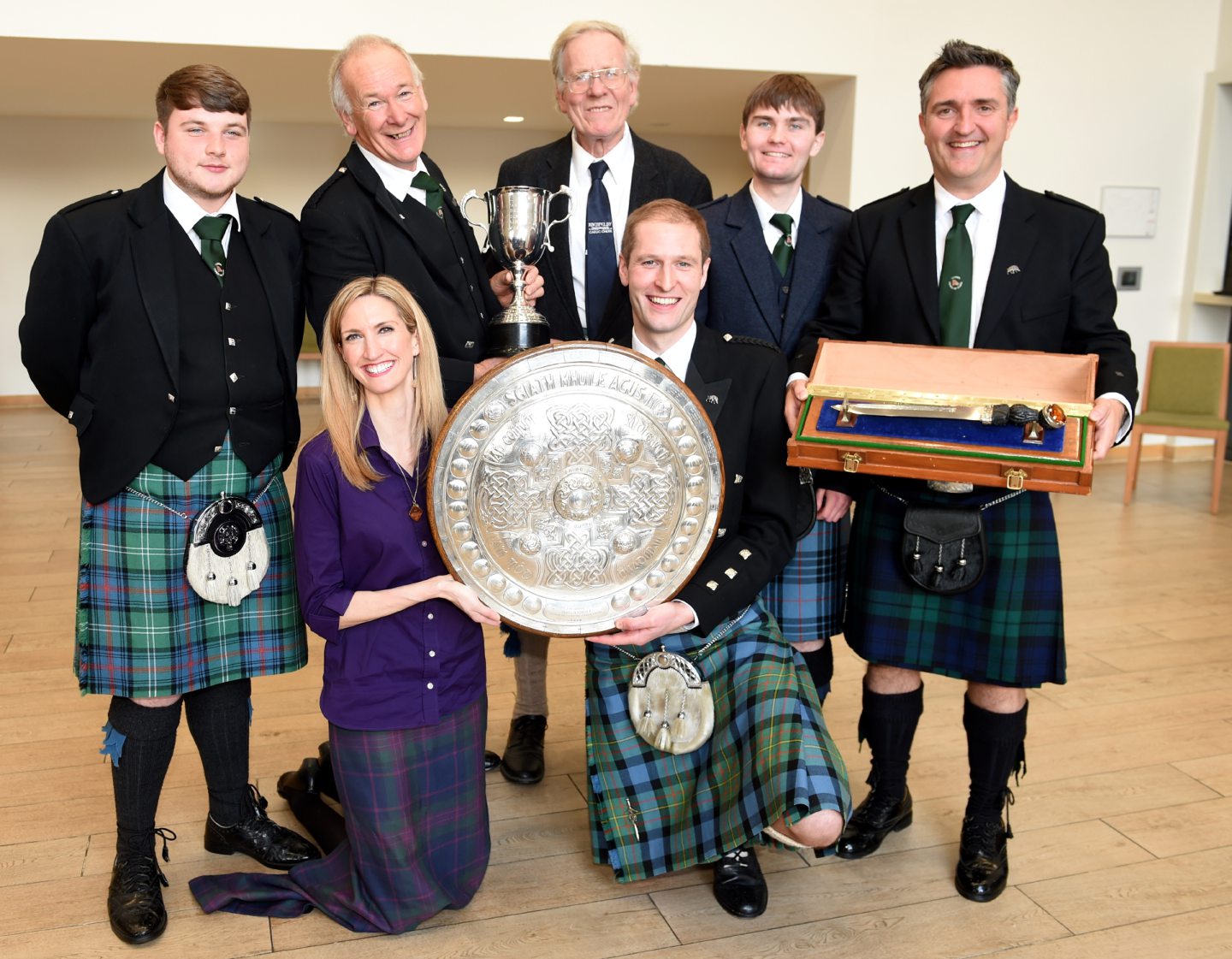
Conversation